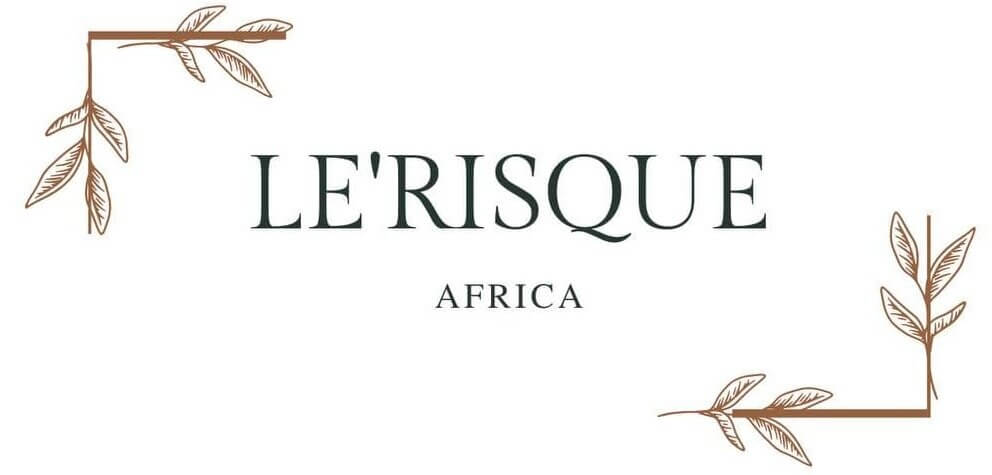Savings vs Investments vs Life Insurance
Is it better to save, invest or buy life insurance?
This is similar to a carpenter who wants to make a chair to ask, is it better to use nails, a hammer or a saw?
Clearly, none of them is better than the other. They are all tools with different functions to help the carpenter reach his goal of making the chair. Likewise, savings, investments and life insurance are different tools to help you reach your financial goals.
Any well designed personal financial plan should include savings, investments and life insurance. It can get hard to differentiate these distinct financial products because some life insurance products in the market include savings and investment components. When it comes to planning your finances, it is important to examine these categories separately for best results.
But unfortunately, the lines that differentiate between insurance, savings and investments are often blurred.
Now, let us break these different financial tools down and their different functions in your financial plan.
Savings
This is money set aside for a specific purpose, usually for a future expense or need. When you choose to save money, you want to have money relatively quickly, perhaps to be used immediately.
You can save for your emergency fund for unforeseen circumstances or goals like going for a vacation, downpayment for a house or purchasing a car.
Savers typically deposit money in a low-risk bank account or money market. Because of the importance of liquidity and accessibility of your savings, you will not really be looking to maximise your return.
The amount of money you save will not decrease over time as long as you do not make withdrawals. This is important because some goals need to happen regardless of whether the market is up or down.
Investments
This is money that has been set aside in higher-risk instruments/ vehicles that give a higher return than savings for the purpose of growth of the funds. These may include stocks, mutual funds, gold, real estate, forex trading or even starting a business.
Through investing, you may earn a higher return, but you take on the risk of possible loss in order to do so.
Investments are typically less liquid than savings hence harder to access when you need to cash in.
Therefore, it is important to set up an emergency fund and have adequate insurance in the case of unforeseen circumstances and other unexpected costs.
This is to ensure that you do not have to dip into your investments before you reach your goal for that investment because it can affect the expected returns.
If you plan to invest money, you should plan to keep your funds in the investment for at least 3-5 years. Investments can be very volatile over short periods of time, and so you can even lose money on them.
So it is important that you only invest money that you won’t need immediately, especially within a year or two.
Life Insurance
In its most basic form, life insurance is an agreement between you and an insurance provider that promises to provide a monetary settlement to help provide for your loved ones in the event of untimely death in exchange for your monthly payments (premiums).
Life insurance is therefore bought because your economic value to the people who depend on you will die if you die. And you want them to be financially secure after whether you are there or not.
One of the greatest assets to your family is your ability to earn an income. If you do pass away before you accumulate enough to cater to your family’s goals, they will be left in chaos. How will they eat? Who will pay the rent? School fees? Will their lives be worse off when you leave?
If you don’t use insurance and an unforeseen circumstance occurs, your savings and investments get wiped away.
If you don’t save and invest, your wealth will not grow.
That is, insurance is not in any way an alternative to savings or investments.
Think of insurance, savings and investments as a three-legged stool. If one leg is missing, the stool (in this case, your financial plan) is not stable. None is better than the other.
Don’t try to take sides on the investment vs insurance debate. Both life insurance, as well as investments are necessary.
In conclusion, always remember, any well thought out financial plan should include the following:
- Insurance
- Savings
- Investments
And one should never try to mix the three.






